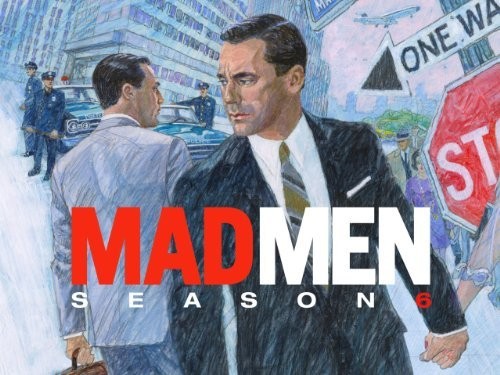The sixth season finale of Mad Men aired Sunday night. If you’re like me, you engorge yourself on each episode of Mad Men. You huff it, snort it, smoke it, mainline it, drop it, pop the lid and swallow it, inject it between your toes.
If you’re like me, you watch each episode (or at least choice scenes) multiple times — schedule permitting — discuss it with anyone who will lend an ear, develop wild and complex theories, and read every episode recap online you can. (Here I’d like to publicly acknowledge the work and thought of Todd VanDerWerff on Onion A.V. Club and Matt Zoller Seitz on Vulture, upon whose shoulders this post pretends.)
In April, on my Twitter account (@gregakers) and at the behest of Memphis City Councilman Shea Flinn (@flinnshady, #FF), I named my top 10 TV dramas since 2000. In a Flyer post some other time I’ll name them and elaborate, but, spoiler alert, my #1 show on the list is Mad Men.
Upon naming Mad Men my top show, I said:
Five-tool TV show. Looks great, acted great, written great, entertaining about matters of import.
It has changed what I have come to want from the TV, film, and books I consume. I now value thought over plot, character over narrative.
Nothing “happened” in that episode of MAD MEN? I don’t care. Peggy made this face about something Don said? MORE PLEASE.
The glacial though constant jockeying for position, reflective of changing social dynamics, true then and now. That’s the show I want to watch.
That was after episode 1 of season 6. How do I feel now that the season has reached its terminus, and with but one final season to go before Mad Men rides off into the sunset? Same.
(Hereupon, I declare Mad Men Total Spoiler Alert status for this post and also presume if you’re reading you know what the show’s about. I’m not going to define a “mad man.”)
